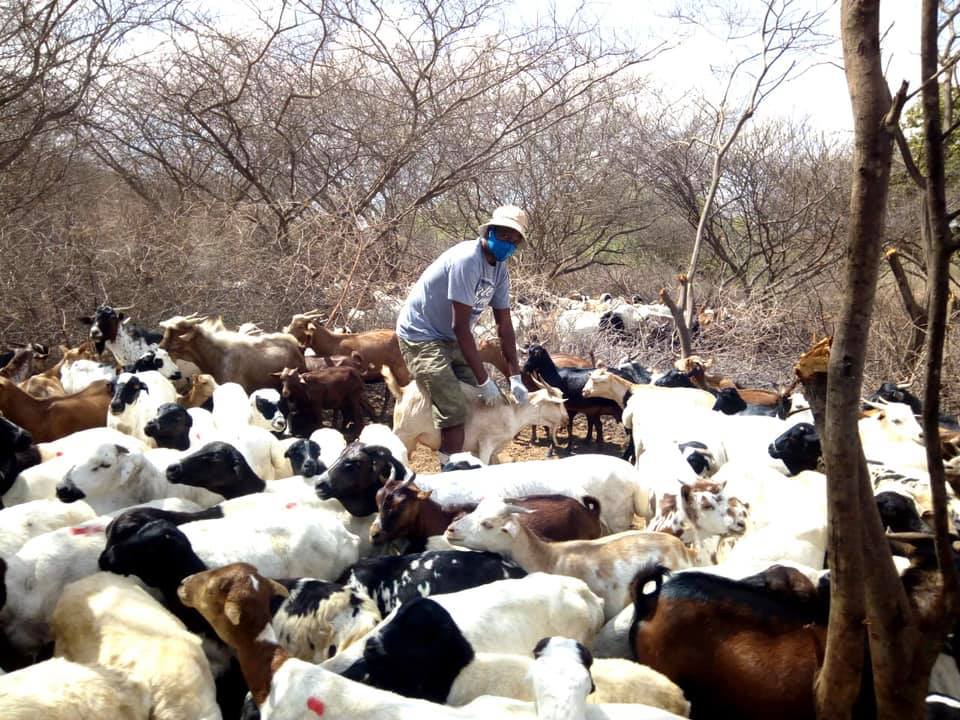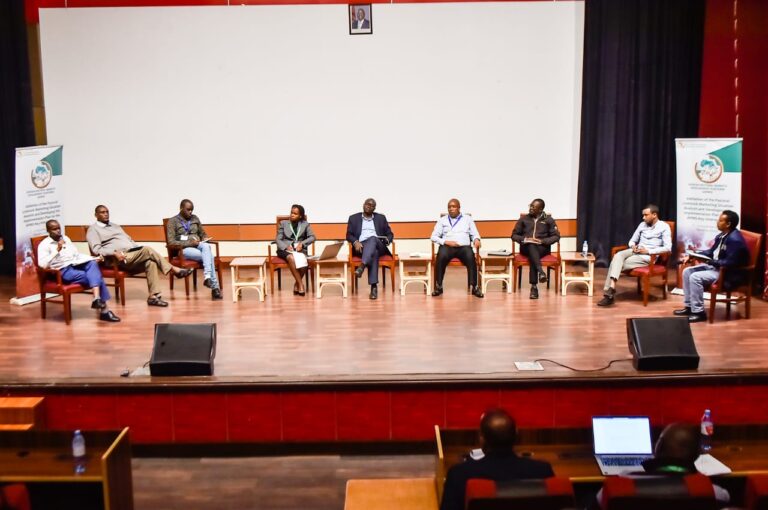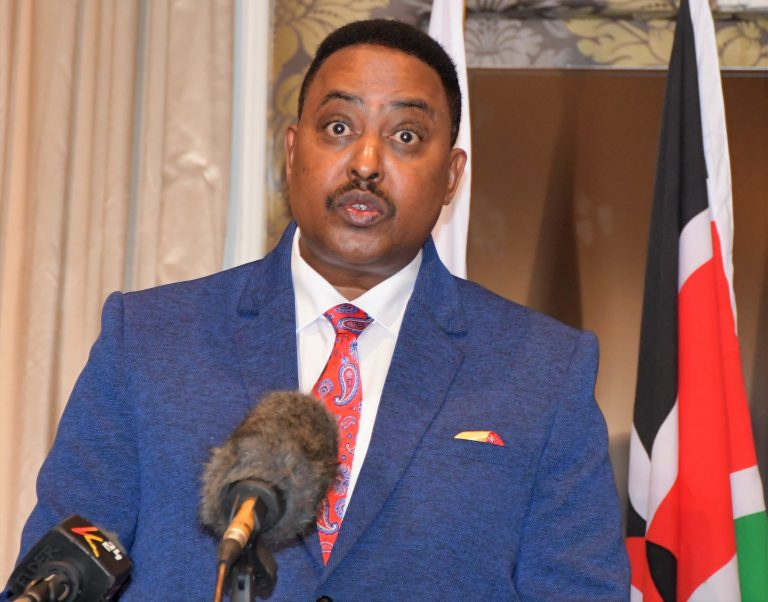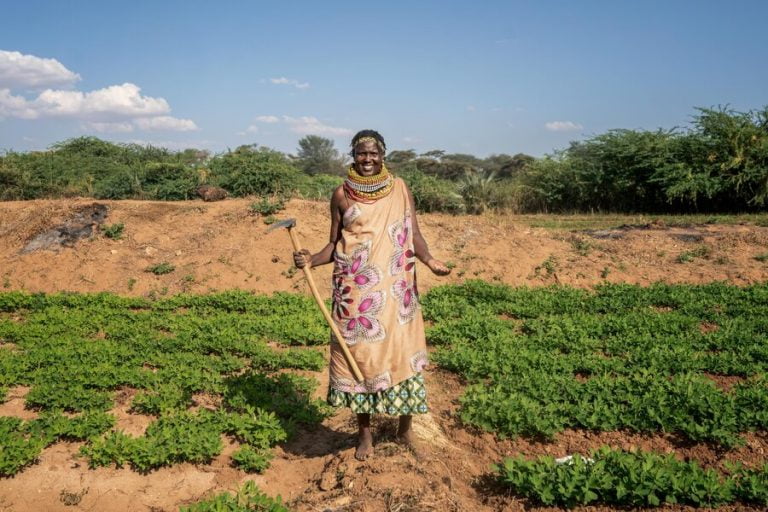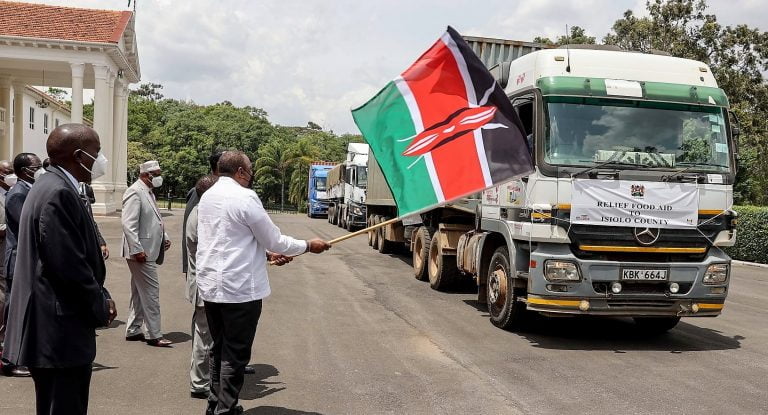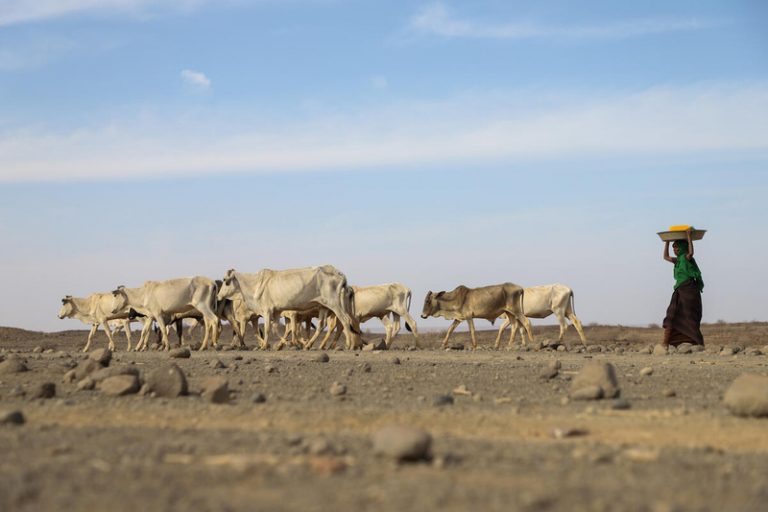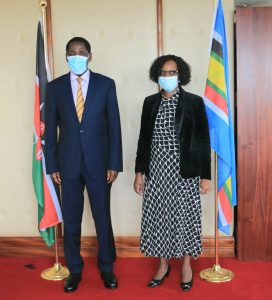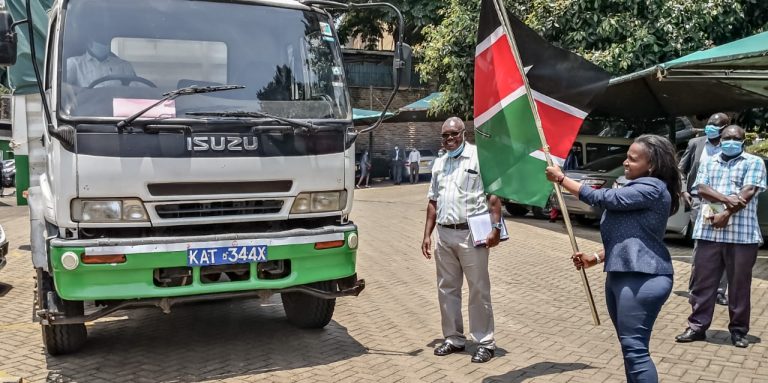Kenya Livestock Insurance Programme (KLIP) has transformed to a bigger Project called DRIVE (De-Risking, Inclusion and Value Enhancement of pastoral economies in the Horn of Africa) funded by World Bank. DRIVE Project is implemented in Kenya, Somalia, Ethiopia & Djibouti.
In Kenya, DRIVE project is currently in 10 counties and will cover 21 ASAL counties by end of this year. The pastoralists will be insured against drought.
For sustainability & ownership, each beneficiary (pastoralist) is required to contribute 20% of total premium and DRIVE project (Government) will pay 80%.
The World Bank Board of Directors approved $327.5 million to cushion pastoralists in Djibouti, Ethiopia, Kenya, and Somalia from the impacts of drought and better connect them to markets.
The De-risking, Inclusion and Value Enhancement of Pastoral Economies in the Horn of Africa (DRIVE), will enable the region to adapt to the impacts of climate change, commercialize livestock production in pastoralist communities, and ensure inclusion of the marginalized and vulnerable groups such as women in the sector.
250,000 households are expected to benefit from the project representing 1.6 million pastoralists and their dependents. The project will enable $572 million in private capital to help pastoralists tap into drought insurance and savings, get access to digital accounts, and attract more private investment in pastoral areas. About 2,500 pastoralists groups will be connected to markets so that they get better value from their livestock rearing activities, as currently, they are at the bottom of the value chain.
“This project will present the Horn of Africa member countries with an innovative approach to addressing climate change and pastoral poverty,” said Boutheina Guermazi, World Bank Director of Regional Integration for Africa, the Middle East and North Africa. “We are committed to addressing the long-term drivers of fragility such as climate change through our support to green, resilient and inclusive development and efforts to create reliable markets for livestock and livestock products.”
DRIVE will strengthen support for pastoralists in the Horn of Africa (HOA) so that they have access to rapid cash when there is a drought, either through their savings or insurance pay outs, allowing them to keep their core breeding stock alive. It will also incentivize pastoralists to save more in cash, rather than increasing the size of herds to protect themselves against future shocks. The project will support direct linkages of pastoralists to livestock processors through market contracts, so that they are able to sell livestock on a regular basis, and will strengthen quality standards and livestock trade facilitation so that countries can move from the existing live animal value chain to a livestock product value chain.
“We will leverage a regional integration approach to facilitate the regional livestock trade in the Horn of Africa which is a significant source of foreign income for countries,” said Caroline Cerruti, World Bank Senior Financial Sector Specialist. “The approach will ensure sustainability of financial services by working with the private sector to provide financial services and focus on pastoralist groups to aggregate their production and connect them better to livestock value chains.”
The project will also foster cooperation between the four HOA member countries through regional implementation by ZEP-RE, the reinsurance company of the Common Market for Eastern and Southern Africa (COMESA) to help countries in the Horn pool their drought risk and lower their operational and premium cost. The financial services will be delivered to the beneficiaries through digital solutions. The project is informed by the drought insurance programs already working in Ethiopia and Kenya. It complements existing interventions to strengthen pastoral production systems and access to groundwater, with access to financial services, mobilization of private investment in the livestock value chains, and trade facilitation.
The Horn of Africa is amongst the poorest and most fragile regions in the world. The region is exposed to climate shocks with the recurrent severe droughts fuelling poverty and conflicts among the pastoralists.


